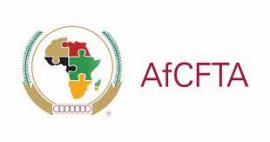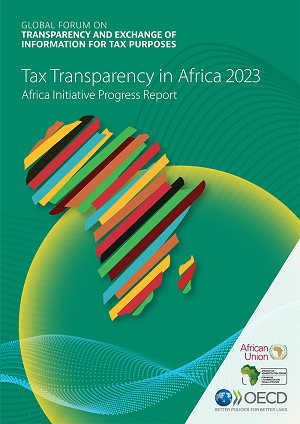The recent military coups in Gabon and Niger, and claims of a military takeover attempt in Congo Brazzaville, show that the contagion may continue to spread, not only undermining democratic governance but also threatening to dim the prospect of improved inter-continental trade under the African Continental Free Trade Agreement (AfCFTA).
With military officers in Gabon and Niger, Guinea, Burkina Faso, Mali, Chad, and Sudan taking power “on behalf of the people”, closing the borders and dissolving all institutions in their respective countries, AfCFTA, now in its third year of implementation, is in grave danger of failing. The series of military takeovers threaten trade treaties and agreements, creating an environment of uncertainty for businesses and investors in the affected countries with a spillover effect on neighboring countries. In response to the coups, Western powers and ECOWAS applied heavy trade and financial sanctions on Niger and Gabon.
Besides hampering inter-continental trade, recent data from the John Hopkins China-Africa Research Initiative have revealed that the Africa’s loss is other regions’ gain. For example, the bilateral trade deficit between Nigeria and Africa has particularly in the past five years continued to widen in favor of the rest of the world. While China’s exports to Nigeria in 2022 stood at $23.9 billion and $164.16 billion for the whole of Africa, imports from Nigeria for the same time frame stood at just $1.6 billion, a deficit of over $22 million. But China is not the only beneficiary of the low trade volume among African countries, as a similar trend can be seen also, for example, in the case of the United Kingdom and the United States.
Although Nigeria ratified the AfCFTA deal in 2020, its land borders have been mostly closed to neighboring countries since then, which is against the fundamental principle of the regional trade treaties that seek to simplify cross-border trade across Africa. This and many other reasons are a huge part of why trade within Africa remains very low while China continues to gain, experts have said. As a result, intra-African trade remains the lowest in world trade, standing at around 15% compared to approximately 66%, 44% and 63% intra-regional in the case of Europe, North America and Asia/Oceania respectively.



